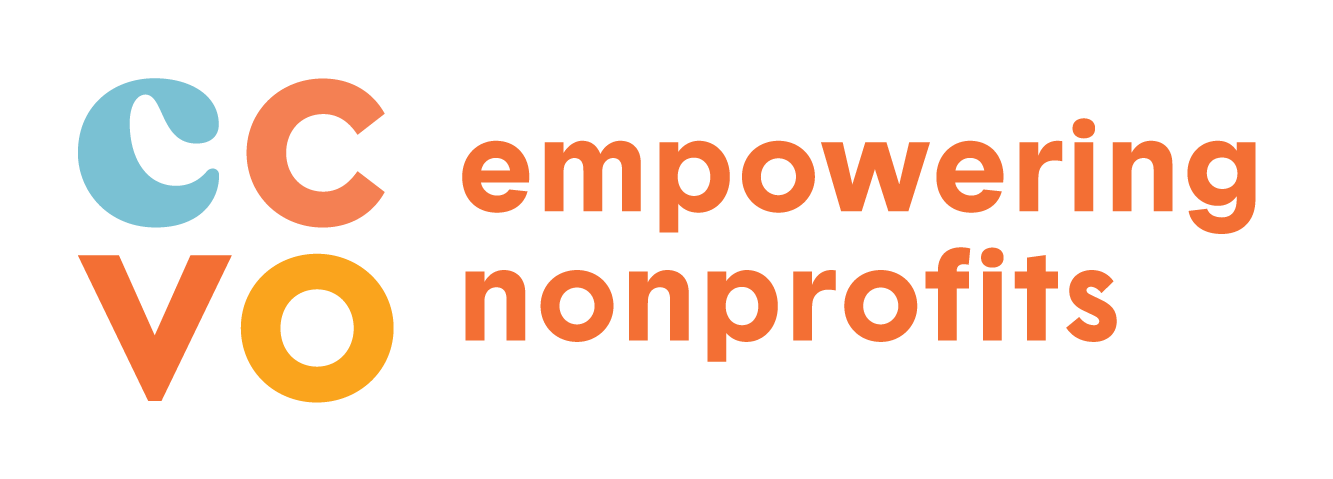Board Governance in a Not-for-Profit
By CCVO Guest Blogger Paige Shaw, The Catalyst Group
Our Not-for-Profit team at Catalyst is passionate about ensuring the organizations we work with are set up for success, so they can spend their time really focusing on the impact they set out to create in the world. To do so, one area where your not-for-profit can focus is ensuring that your Board is set up properly, and that it is comprised of passionate and capable individuals who believe in your mission and want to see your organization grow and succeed.
A formula we like to use for Not-for-Profits is: Relevance + Capability = Sustainability
If a Not-for-Profit organization has a strong foundation in each of the above three areas, then they will be set up for success. Relevance refers to the impact your organization has, and what need – or needs – does it satisfy in the community? Capability includes who is involved in leading, managing, and running the organization, and are they doing a good job? If you have the right people in place, and you are satisfying a need in the community that has yet to be met, you will be sustainable.
Board Governance comes into play on the capability side of things. Here are some things to consider when recruiting or evaluating your Board:
Board Member Recruitment
Utilization of a nominating committee: For Board members and possibly Senior Management.
Candidate interview process: Do you have a process? What is it and what can be improved?
Board skills and experience matrix: Perform a gap analysis.
Diversity: Make sure you have different perspectives and representation.
Continuity planning.
Term limits; re-appointment cycle (too much of one thing is not always a good thing).
Widen the recruitment net: Where are you finding your people? Are there other places you can be looking?
Director Orientation
Create a structured orientation package.
Create a job description and expectations summary.
Conduct tours and informal introductions.
Inform Directors of confidentiality and conflict policies.
Make each new Board member’s “first day” special.
Board Operations
Ensure effective meeting processes.
Reporting to the Board
Listening to the Board
Management reporting:
Dashboard with detail
Include non-financial measures as well (Examples: staff engagement, website and social media analytics)
Committees
Usual committees:
Finance and Audit
Governance and Human Resources
Fund Development
Executive Committee – do you need this? Who should be involved?
Special purpose committee (Examples: Marketing and Communications, special events, galas)
There should also be Non-Board participation on committees
Objective with any committee is greater Board efficiency and effectiveness
Director/Board Evaluations
This is a must, in order to make sure you have the right people on your team.
Is there a willingness from Board Members to:
Participate?
Communicate results?
Take remedial action as necessary?
Collection and interpretation of results – decide process in advance
Some topics to evaluate are:
Board processes
Board outcomes
Individual Board member effectiveness
Managing the CEO/ED
Board involvement – remember everyone needs to have their noses in…and fingers out!
The Board may need to hire, guide, evaluate, and compensate. A structured process for this is necessary.
The Boland Survey is a great resource to make informed comparisons and predictions in regards to salary or human resources practices within the organization.
CEO succession plan – do you have one? You will need one whether it is a sudden departure or normal course, so be prepared.
In the business world, the factors we consider when identifying success are people, capacity, capability, and experience. This is combined with capital to create an opportunity for profit. In the Not-for-Profit World we take those same elements: people, capacity, capability and experience, and combine them with capital to create an opportunity for impact. Your Board has a crucial role to play in your opportunity for impact.
Catalyst works extensively with not-for-profits and registered charities on all accounting related matters including bookkeeping, financial and tax reporting, audit support, and senior financial professional outsourcing (CFO support). They also host roundtable sessions to assist charities with their operations.
With a team of dedicated specialists in this area, Catalyst becomes a key member of the not-for-profit or registered charity’s team to align performance and organizational goals. There are several web-based programs that can assist in reporting requirements for a charity. Recently, Catalyst was named one of the fastest growing cloud accounting firms in Canada; they would be thrilled to bring their knowledge in this area to your organization.
Feel free to contact Paige at Catalyst at 403-750-5479 or PaigeS@thecatalystgroup.ca.

